Moment Art
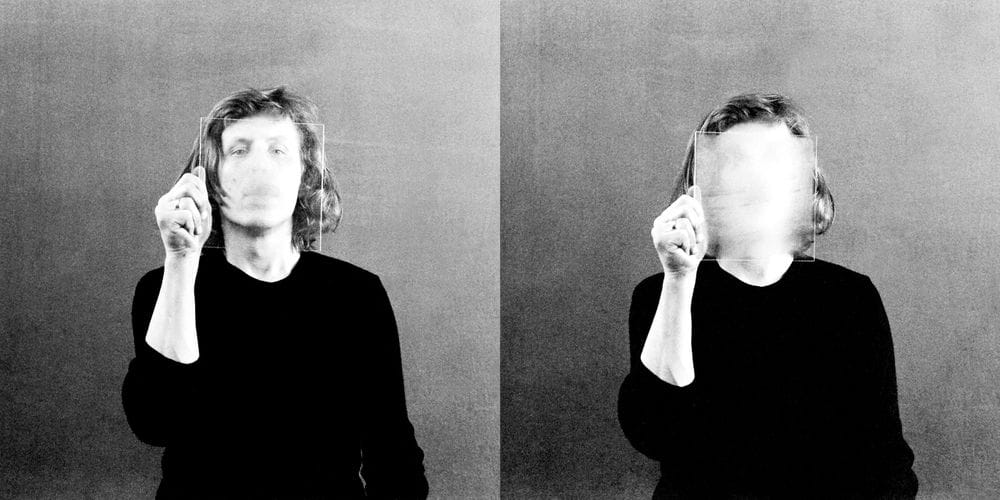
Wincenty Dunikowski-Duniko, Oddech Duniko, 1976
In 1976 the artist devised a novel formula for representing moments abstracted from trivial processes—their fleeting embedment in the present is what makes the Moment Art series unique.
Ephemeral events captured in translucent photographs, such as a glass of water tipping over (Moment Art—The Hold II: Glass, 1974–1976) or a reflection in a bubble (Moment Art: Bubble, 1974–1976), significantly democratise the thematic scope of art.
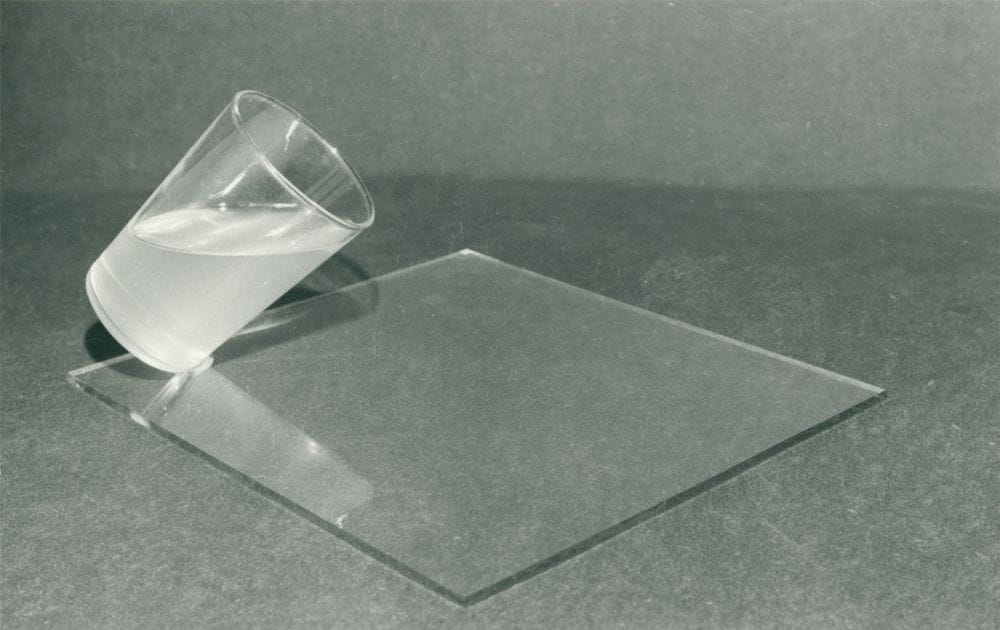
Wincenty Dunikowski-Duniko, Moment Art, Glass, 1974/1976
Sources of similar interests can be traced back to 1972, when action-oriented projects were conceived, including those of writing on sawdust-covered water with a stick (Writing on Water, 1972) or tensioning an elastic fabric while balls roll across its surface (Trampoline, 1972).
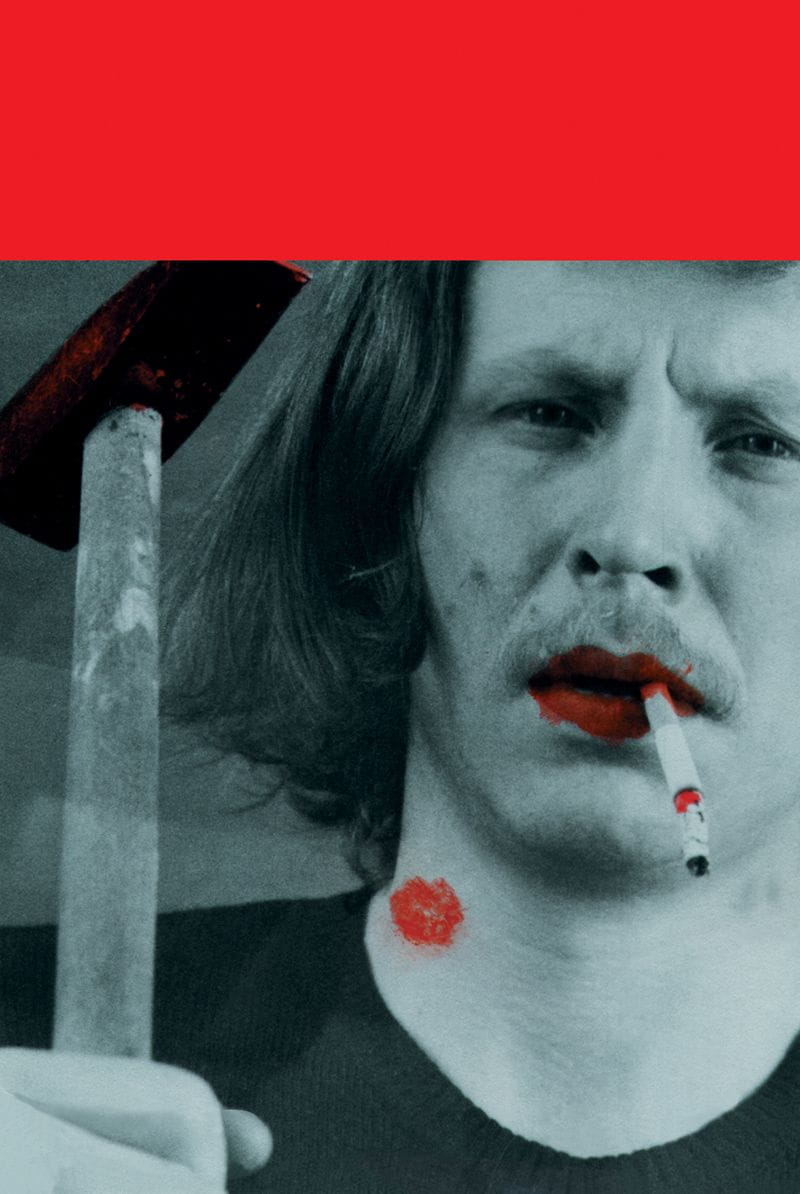
Wincenty Dunikowski-Duniko, Hammering Artist, 1976
The principles governing the concept for Moment Art trivialise the ethos of an artist’s work and equate his actions with life processes. Similarly, the now expanded field of art may extend over excerpts from purely mechanical activities (e.g. Hammering Artist, 1976).
At the same time, Moment Art is a self-reflective reiteration of Dunikowski’s motto I am always changing (1972). Among emblematic instances of using this method are the photographic sequences depicting breaths (Duniko’s Breath, 1974/1976, or the more intimate Common Printing with Breath, 1980).
In a number of works, the author’s portrait was de-composed, fragmented, and multiplied so that the posing artist gave the impression of manipulating the compositional elements of the image (e.g. The Hold, 1976, or Drawing in Breath II, 1979)—this way the author explored how his own body was entangled in the rules of its representation.
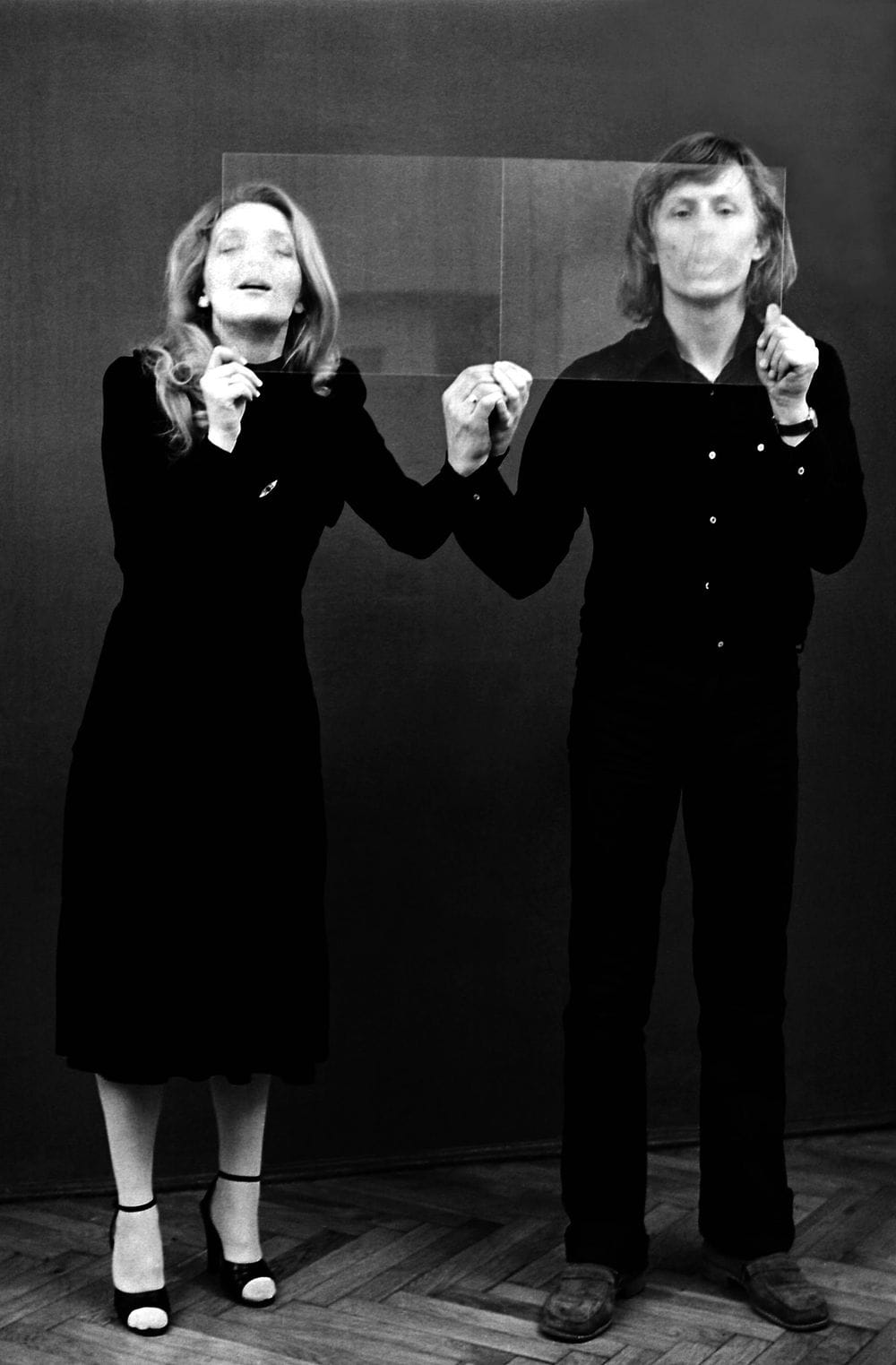
Wincenty Dunikowski-Duniko, Common Printing with Breath, 1980
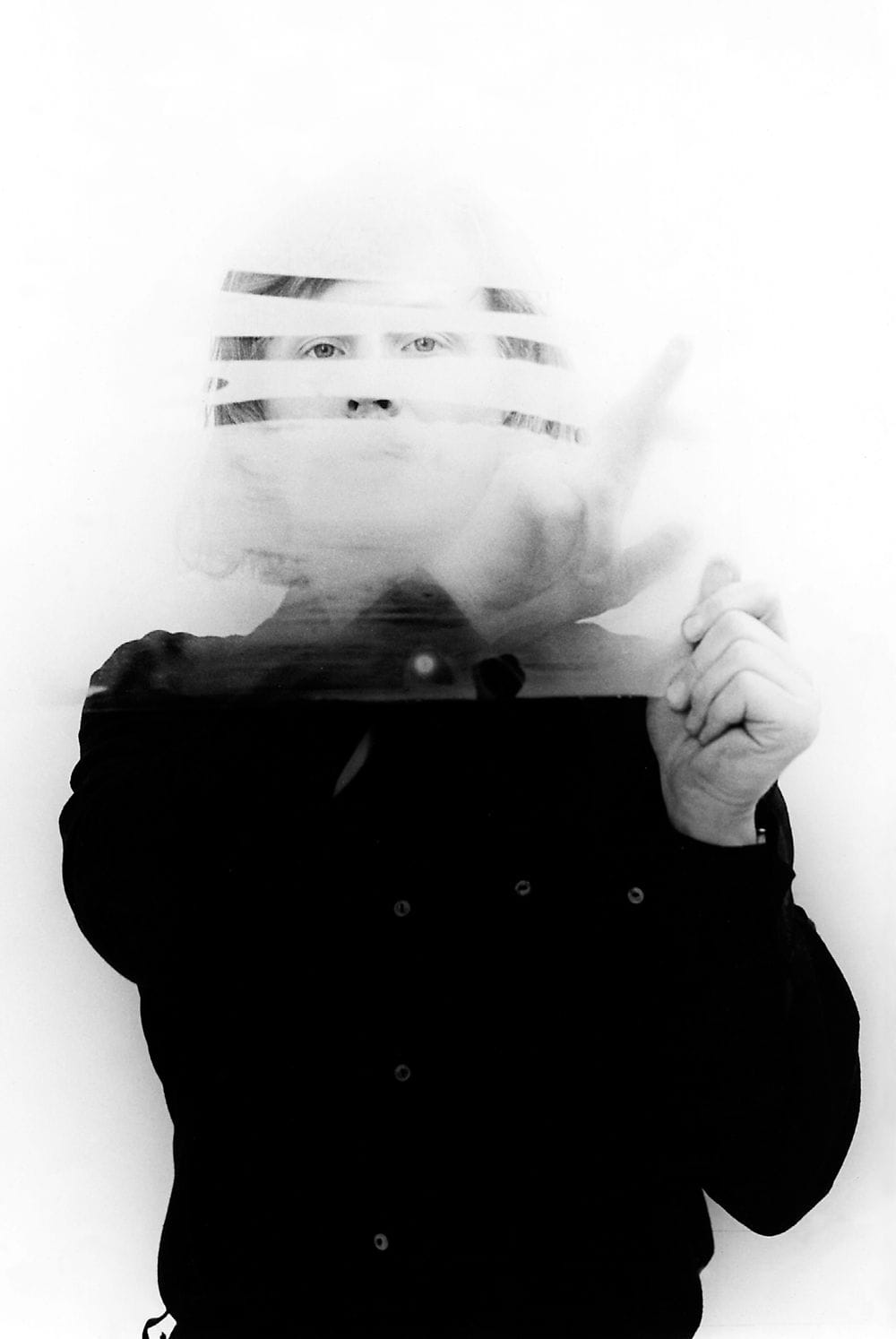
Wincenty Dunikowski-Duniko, Drawing in Breath, 1976
Written by Krzysztof Siatka